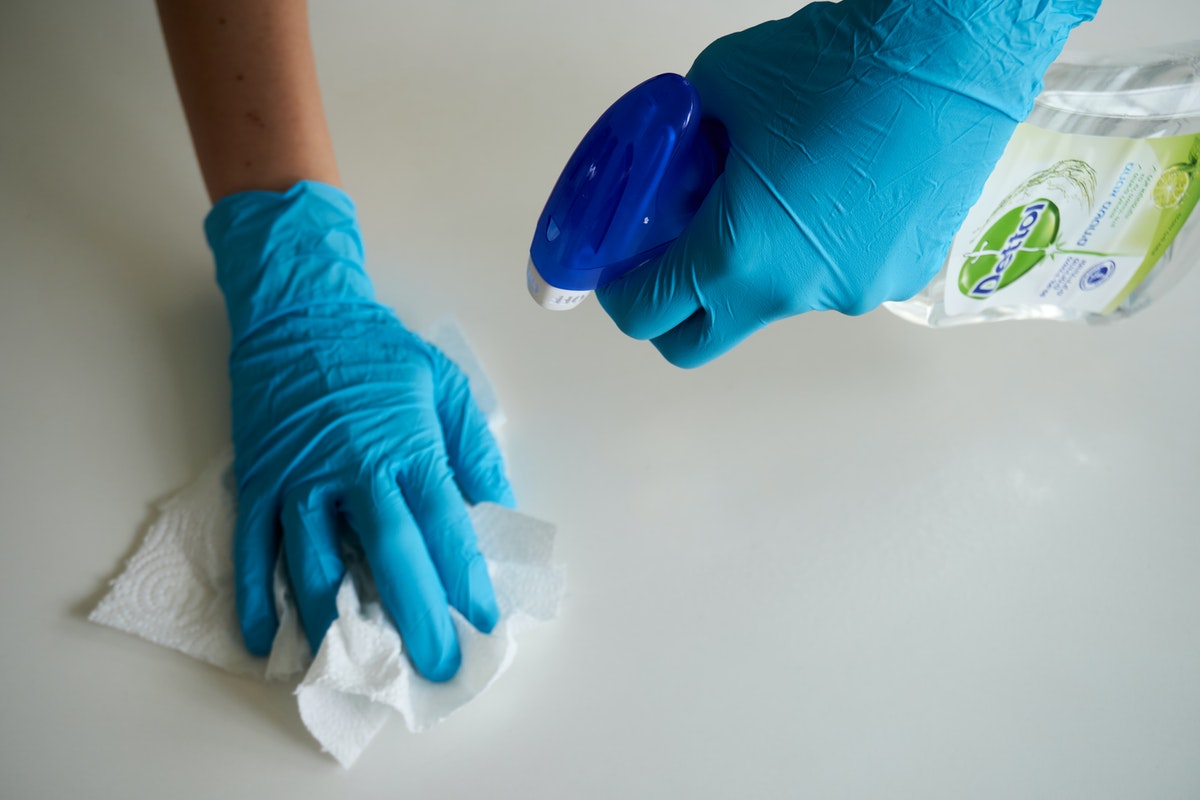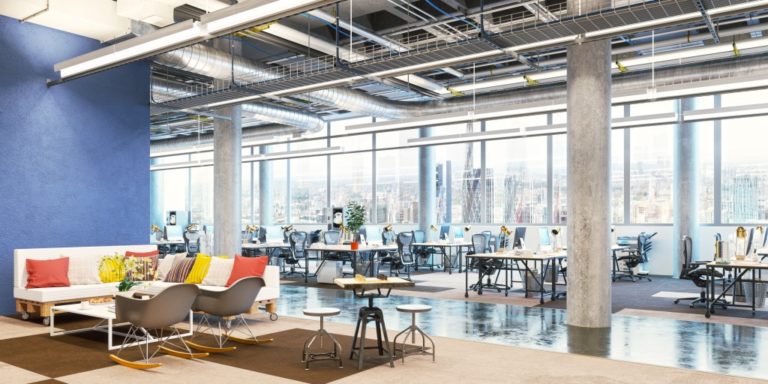The COVID-19 pandemic has had a significant effect on every aspect of our lives, especially in how we work. While many businesses continue with remote work, others either require employees to get the job done or allow their employees to go back to the office. With this in mind, employers need to remember that cleanliness and safety are the number one priority in the workplace.
Check on Utilities
Before allowing your employees to return to the office, make sure that all fixtures and utilities work as they should. After a long shutdown, it’s important to check on utilities like plumbing for any problems, especially if you haven’t used the water taps in the restroom or the office water cooler since the lockdown. This is because leaving anything that stores water unused for a long time allows water to stay in one place and become a breeding ground for harmful organisms.
These harmful organisms can make your entire workforce ill, and in people with weakened immune systems, it can cause respiratory problems like pneumonia. In certain kinds of pipes, lead and copper can accumulate in the still water, causing anyone who comes into contact with various symptoms like diarrhea and nausea.
Remember to have your utilities checked before you allow your employees to report to the office. This way, you can ensure that everything is running smoothly and that you and your co-workers are safe from any infections caused by inhaling or drinking the water.
Set Ground Rules
Before everyone’s first day back in the office, consider setting ground rules for both you and your employees that can help everyone protect themselves while at work. These rules include:
Practicing Safety Protocols
Make sure that everyone wears their face masks at all times, even before entering the office. Since you and your employees are occupying a single space, it’s also important to remind everyone to practice social distancing and to stay 1.5 meters apart from each other at all times. Doing this helps limit the spread of the virus and reduces the chances of getting infected.
If your office space isn’t big enough for everyone to distance themselves, consider creating a shift plan where employees are not all there at the same time. For instance, you can schedule half of your employees to come into work on Mondays, Wednesdays, and Fridays, while the other half can come in on Tuesdays, Thursdays, and Saturdays. You can also make a morning and afternoon shift plan.
Wiping Surfaces Regularly

It’s important to wipe down surfaces with an Environmental Protection Agency or EPA-approved disinfectant at the end of every workday. Assign each person to be in charge of cleaning their desk every day after work. This is especially important for high-touch areas like tables, keyboards, doorknobs, handles, light switches, toilets, and faucets.
For common areas like the restroom or pantry, you can take up the responsibility yourself or request the assistance of a professional cleaning service. The latter option may cost you more, but you can also take the responsibility of cleaning off your employees’ hands and ensure that your office is properly cleaned and disinfected.
Regular Handwashing
Promote regular handwashing in the office by always keeping the soap bottles in the restroom refilled and setting a regular reminder that helps everyone know how often they need to wash their hands. If you have the budget, you can also place bottles of 70% isopropyl alcohol or hand sanitizer on employees’ desks to make sure that they’re keeping their hands clean while working. While hand sanitizer and rubbing alcohol are good to have, they’re just temporary solutions. Handwashing is still the most effective way to get rid of bacteria, so encourage everyone to wash their hands as often as they can.
Not Coming to Work When Feeling Sick
One of the most important rules to help prevent the spread of COVID-19 is quarantining yourself when you feel any symptoms or even feel generally under the weather. Make a strict rule that if someone is feeling unwell, they don’t need to come into work and that it will be an excusable absence. While, in most cases, feeling under the weather doesn’t necessarily mean having contracted the virus, it’s better to be safe and sorry.
Provide Tissues and Face Masks
Make your office a safer place by providing tissues and surgical face masks that anyone in the office can use if they need them. Don’t forget to place a bottle of alcohol nearby so that they can sanitize their hands (after washing) before getting a mask or a tissue. Along with those, have a designated and closed bin where everyone can safely throw away used masks or tissues.
Make Sure the Air Is Circulating
Try to make use of as much natural as possible- this means avoiding the air conditioner, keeping windows and doors open, and using fans to help circulate the air around the office. Proper ventilation can help reduce the risk of infection through airborne particles.
The pandemic is difficult for everyone, but with no end currently in sight, the only way to survive is to adjust. If we all keep safety protocols in mind, sanitize our workspaces regularly, wash our hands, and work together to limit the spread of the virus, business will go on as usual and we will learn to thrive in the post-pandemic world.




